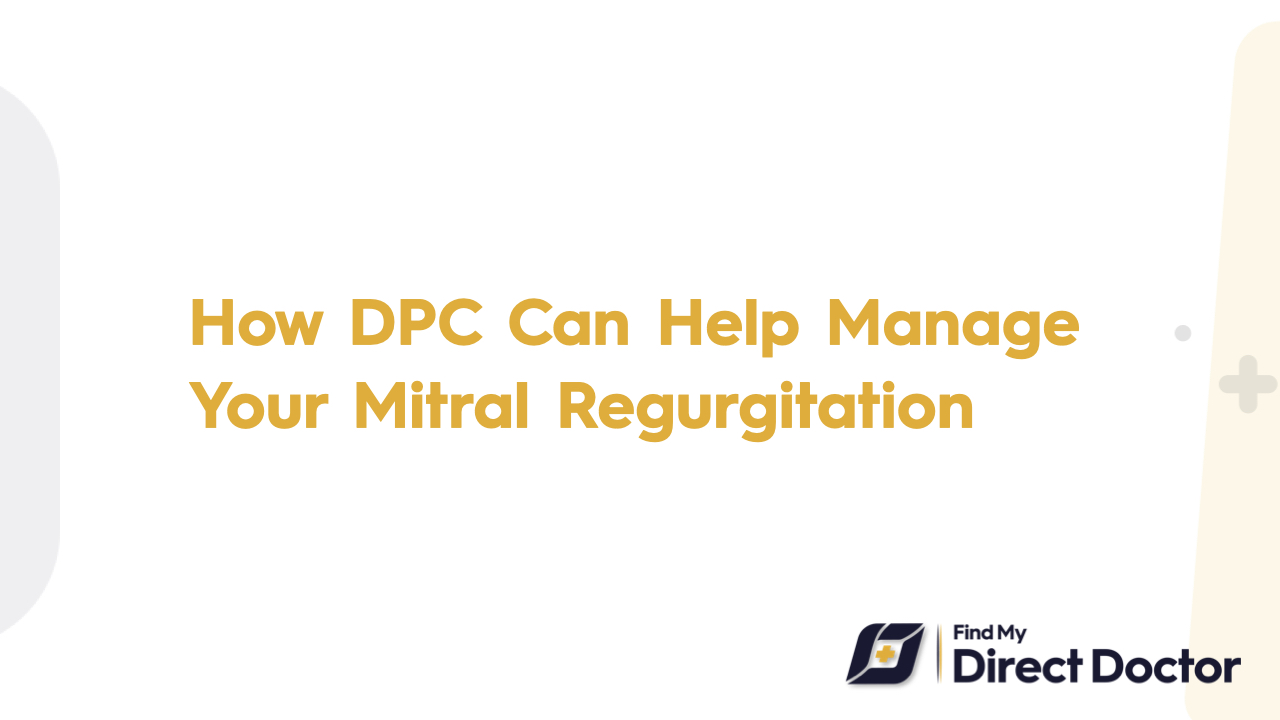



The condition known as mitral regurgitation (MR) occurs when the mitral valve, which separates the heart's left atrium and left ventricle, fails to seal correctly. Instead of being pumped out to the body, blood rushes backward into the left atrium as a result. This illness may develop gradually over time and range in severity from moderate to severe. Numerous things, including infections, heart attacks, and prolapsed heart valves, can cause it. It can sometimes happen for no apparent reason.

Depending on how severe the problem is, mitral regurgitation symptoms might change. Although mild MR may not have any obvious symptoms at first, as the illness progresses, symptoms like exhaustion, leg or ankle edema, irregular heartbeats, and a heart murmur may appear. Heart failure, in which the heart cannot pump enough blood to fulfill the body's needs, can result from severe MR. To manage the illness before it causes serious harm, early detection and routine monitoring are crucial.
Through ongoing, individualized care, Direct Primary Care (DPC) can provide significant assistance in the management of mitral regurgitation. DPC makes it possible for patients to see their primary care physician more frequently, ensuring that any changes in their health can be identified early. This careful observation can aid in avoiding consequences that could result from untreated or inadequately managed MR, such as cardiac failure or arrhythmias.
Coordinating with cardiologists and other experts to make sure the right treatments are in place can help a DPC physician manage mitral regurgitation. Additionally, they can offer continuous assistance in controlling any related symptoms, such exhaustion or dyspnea. This could entail giving lifestyle advice, keeping an eye on blood pressure, and making sure that prescription drugs—like those that lower fluid retention or regulate heart rate—are taken as prescribed. DPC guarantees that patients receive thorough care that is customized to meet their individual needs by encouraging a proactive approach to care.
Direct, individualized care is the main advantage of DPC for patients with mitral regurgitation. Patients can go into greater detail about their symptoms, worries, and available treatments with more frequent visits and longer consultation periods. This degree of focus results in improved symptom management and a deeper comprehension of the illness. Frequent check-ups guarantee that the illness is developing gradually and allow for prompt therapy modifications if needed.
DPC also makes care coordination more effective. To guarantee that every facet of the patient's care is efficiently managed, a DPC provider might collaborate closely with specialists including cardiologists and surgeons. This can involve scheduling diagnostic examinations, monitoring the condition's development, and making sure that any required treatments—like valve replacement or repair—are taken into account when they're needed. DPC care's ongoing, hands-on approach lowers the chance of problems and enhances the patient's general quality of life.
DPC is very helpful for people with mitral regurgitation because it is based on personalized care. Patients in a DPC context receive care that is customized based on their medical history, lifestyle, and particular condition. This implies that the course of treatment for people with MR may change over time in response to the course of their illness. Physicians can keep a careful eye on heart function and modify prescriptions or treatment regimens as necessary.
Education and assistance to help patients make lifestyle adjustments that may lessen heart strain are also part of a customized approach to controlling mitral regurgitation. DPC providers, for instance, can educate patients on the value of controlling stress, eating a heart-healthy diet, and keeping a healthy weight. Regular check-ins provide patients the confidence to actively manage their health since they know they have a committed medical team helping them control MR. Knowing that their health is being closely watched with the highest care and attention thanks to this continuous support helps them feel secure.
Previous Post